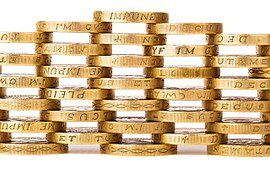


Dividends Allowance
Dividends Allowance
As of April 2016 the Dividend Tax Credit has been replaced by a new tax-free Dividend Allowance. This means you won’t have to pay tax on the first £5,000 of your dividend income, no matter what non-dividend income you have.
Any dividends you receive over £5,000 will be taxed at the following rates:
- 5% on dividend income within the basic rate band
- 5% on dividend income within the higher rate band
- 1% on dividend income within the additional rate band
Dividends received by pension funds are currently exempt from tax, while dividends received on shares held in an ISA will continue to be tax free.
Important considerations:
- Married couples should make the most of each other’s income tax allowance and tax bands and consider splitting their investments.
- Dividend tax is linked to the rate of income tax you pay. You may be able to reduce your taxable income by deferring withdrawals from a drawdown pension until a new tax year or transferring cash deposits to a lower-earning spouse.
- Using an Onshore or Offshore Investment Bond for part of your investments can defer tax, as investors only pay tax when profits are withdrawn.
- A pension contribution can be used to reduce dividend tax liabilities for many investors by taking advantage of the tax relief on the contribution.
The value of investments and any income from them can fall as well as rise. You may not get back the amount originally invested.
HM Revenue and Customs practice and the law relating to taxation are complex and subject to individual circumstances and changes which cannot be foreseen. For specific tax advice please speak to your accountant or tax specialist.
Contains public sector information licensed under the Open
Government Licence v3.0.




